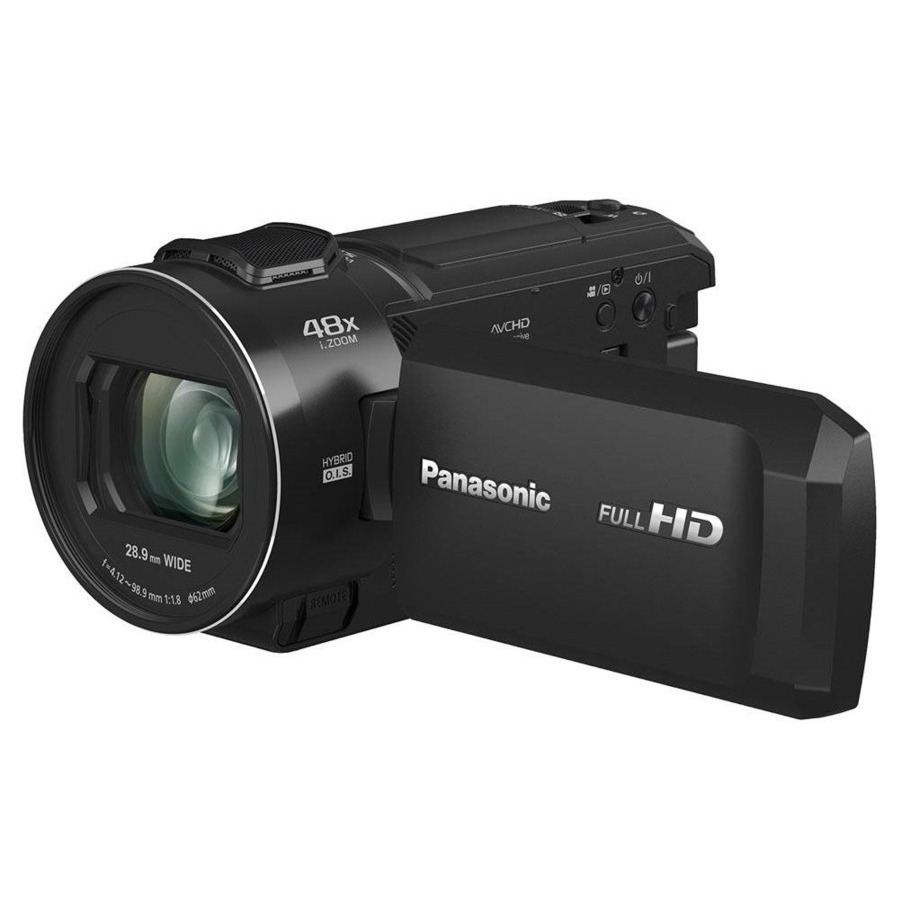
- Events
- Australia Day
- Bastille Day
- Burns Night
- Christmas
- Day of the Dead
- Eurovision
- Festivals / Summer
- Halloween
- Halloween Accessories
- Nativity
- Oktoberfest
- Olympics
- Pride
- Red Nose Day
- School Play Costumes
- St Andrew's Day
- St Davids Day
- St Georges / England Supporters
- St Patricks Day
- Six Nations Rugby
- Stag Do
- Summer
- Thanksgiving
- VE Day
- World Book Day
- Adult World Book Day Costumes
- 4th July

- Themes
- Animals
- Around The World
- Book Characters
- British
- Chocolate Factory
- Cops & Robbers
- Cosplay
- DC
- Doctors and Nurses
- Fairytale
- Funny / Novelty
- Gangster
- Harry Potter
- Hawaiian / Summer
- Heroes and Villains
- Historical
- Army, Air Force & Naval
- Mexican Fiesta
- Pick Me Up
- Pink Cowgirl Hat Aesthetic
- Pirates
- Popstars and Celebrities
- Pre Historic
- Religious
- Sexy Costumes
- Sports
- Star Wars
- Steampunk
- Suits
- Tiger King
- TV, Film and Game
- Wild West
- Wizard of Oz
- Wizards & Witches
- 2000s
- 1990s
- 1980s
- 1960s 1970s
- 1950s
- 1940s
- 1920s

- Cosmetics
- Body Crayons
- Eye Liner
- Fabric Paint
- Face & Body Paint
- Face Jewels
- Fake Blood
- FX Fluids
- Glitter Fixatives
- Glitter Gel
- Glitter Shaker
- Hair Colour Spray
- Hair Gel
- Hair Streaks
- Lipgloss
- Lipstick
- Lip Tattoos
- Loose Glitter
- Mascara
- Nail Polish
- Pigment Shakers
- Pro Face Paint Cake Pots
- Scars, Wounds, Prosthetics & FX

- Accessories
- Bandanas & Scarves
- Belts
- Braces
- Capes
- Elf Accessories
- Eye Lashes
- Facial Hair
- Feather Boas
- Glasses
- Gloves
- Guns, Weapons & Swords
- Hats & Headwear
- Hosiery
- Inflatables
- Jewellery
- Masks
- Masquerade Masks
- Nipple Pasties
- Pacifiers
- Props
- Sets & Kits
- Shoe Covers
- Shoes / Boots
- Sleeves
- Teeth
- Ties & Bowties
- Tutus & Underskirts
- Wigs
- Wings & Wands
- Other

- Gifts by Category
- Alternative
- Balloon Dog Sculptures
- Batteries
- Colouring Books
- Decorative Accessories
- Food & Drink
- Fragrance
- Gadgets & Tech
- Gift Sets
- Gifts for the Home
- Homeware
- Jewellery
- Keepsakes
- Knitting Wool
- Life
- Luggage & Suitcases
- Miscellaneous
- Ornaments
- Personalised Gifts
- Puzzle Books
- Puzzles
- Slippers
- Smoking
- Stationery
- Umbrellas
- Vehicle
- Wallets & Purses
- Warmies

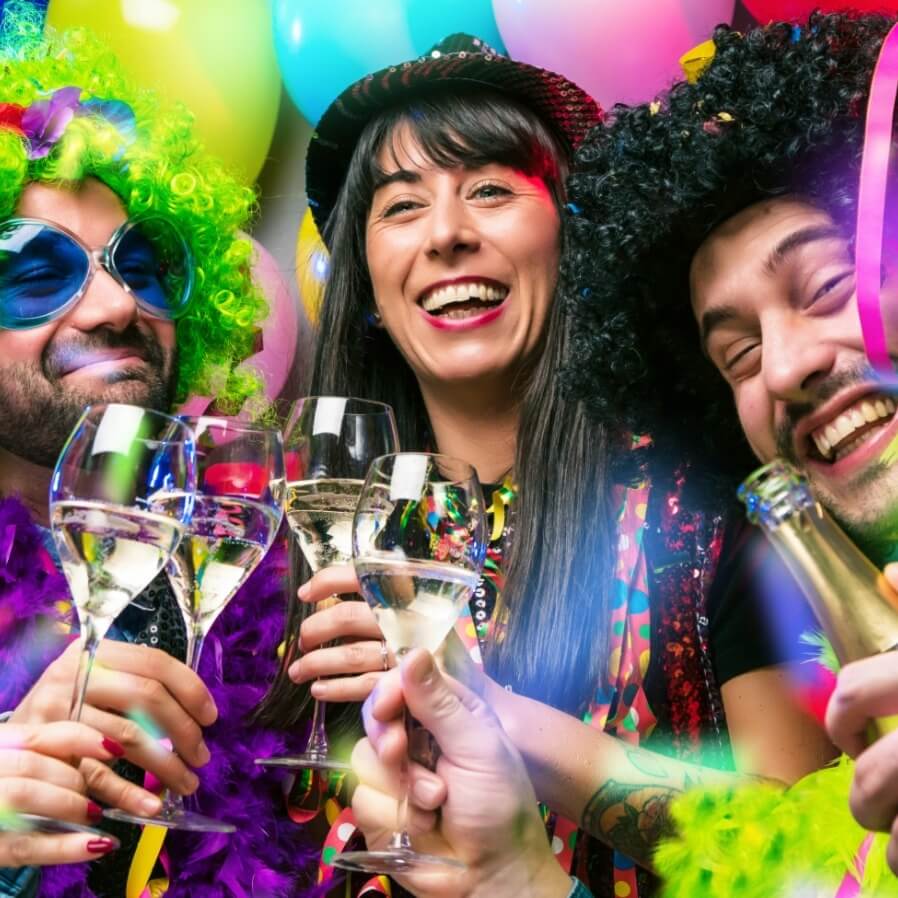
-
- Australia Day
- Bastille Day
- Burns Night
- Christmas
- Day of the Dead
- Eurovision
- Festivals / Summer
- Halloween
- Halloween Accessories
- Nativity
- Oktoberfest
- Olympics
- Pride
- Red Nose Day
- School Play Costumes
- St Andrew's Day
- St Davids Day
- St Georges / England Supporters
- St Patricks Day
- Six Nations Rugby
- Stag Do
- Summer
- Thanksgiving
- VE Day
- World Book Day
- Adult World Book Day Costumes
- 4th July
-
- Animals
- Around The World
- Book Characters
- British
- Chocolate Factory
- Cops & Robbers
- Cosplay
- DC
- Doctors and Nurses
- Fairytale
- Funny / Novelty
- Gangster
- Harry Potter
- Hawaiian / Summer
- Heroes and Villains
- Historical
- Army, Air Force & Naval
- Mexican Fiesta
- Pick Me Up
- Pink Cowgirl Hat Aesthetic
- Pirates
- Popstars and Celebrities
- Pre Historic
- Religious
- Sexy Costumes
- Sports
- Star Wars
- Steampunk
- Suits
- Tiger King
- TV, Film and Game
- Wild West
- Wizard of Oz
- Wizards & Witches
- 2000s
- 1990s
- 1980s
- 1960s 1970s
- 1950s
- 1940s
- 1920s
-
- Body Crayons
- Eye Liner
- Fabric Paint
- Face & Body Paint
- Face Jewels
- Fake Blood
- FX Fluids
- Glitter Fixatives
- Glitter Gel
- Glitter Shaker
- Hair Colour Spray
- Hair Gel
- Hair Streaks
- Lipgloss
- Lipstick
- Lip Tattoos
- Loose Glitter
- Mascara
- Nail Polish
- Pigment Shakers
- Pro Face Paint Cake Pots
- Scars, Wounds, Prosthetics & FX
-
- Bandanas & Scarves
- Belts
- Braces
- Capes
- Elf Accessories
- Eye Lashes
- Facial Hair
- Feather Boas
- Glasses
- Gloves
- Guns, Weapons & Swords
- Hats & Headwear
- Hosiery
- Inflatables
- Jewellery
- Masks
- Masquerade Masks
- Nipple Pasties
- Pacifiers
- Props
- Sets & Kits
- Shoe Covers
- Shoes / Boots
- Sleeves
- Teeth
- Ties & Bowties
- Tutus & Underskirts
- Wigs
- Wings & Wands
- Other
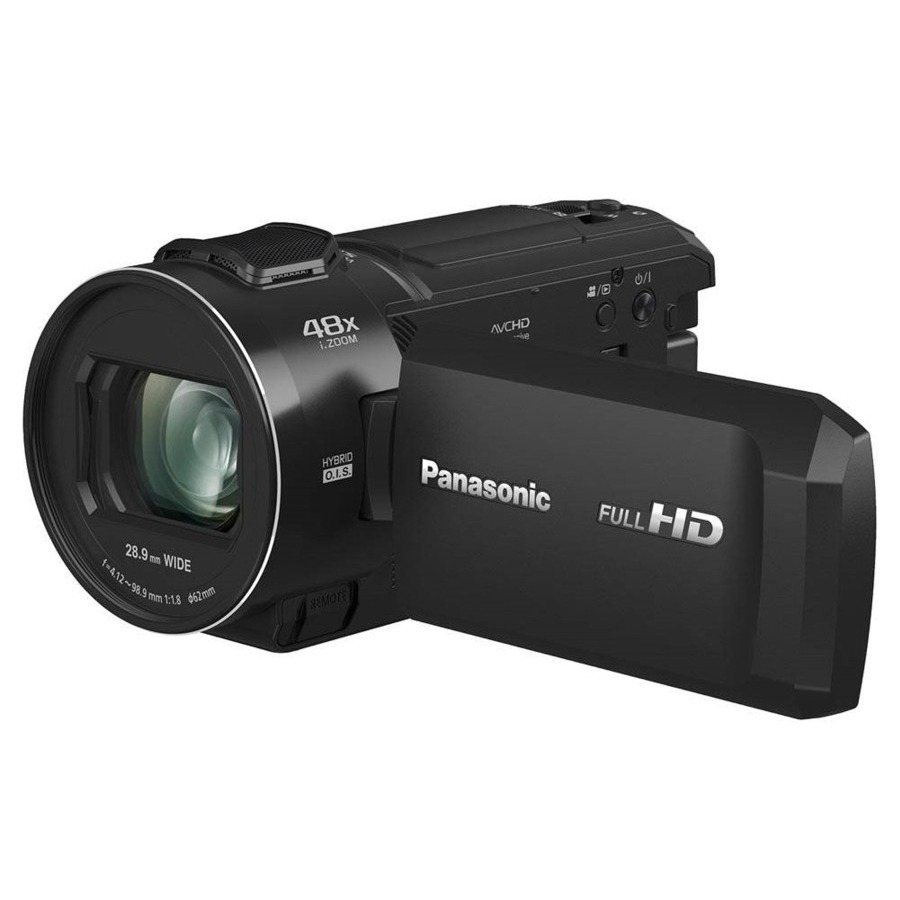



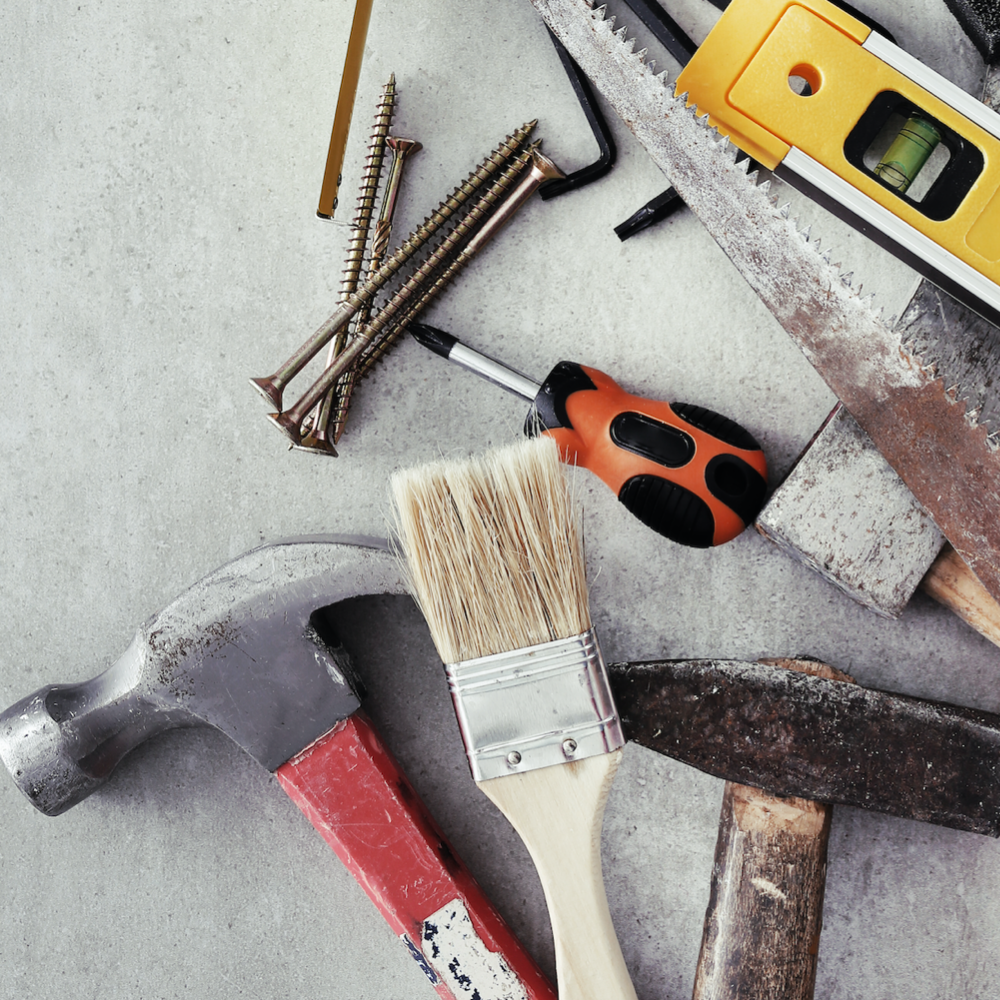

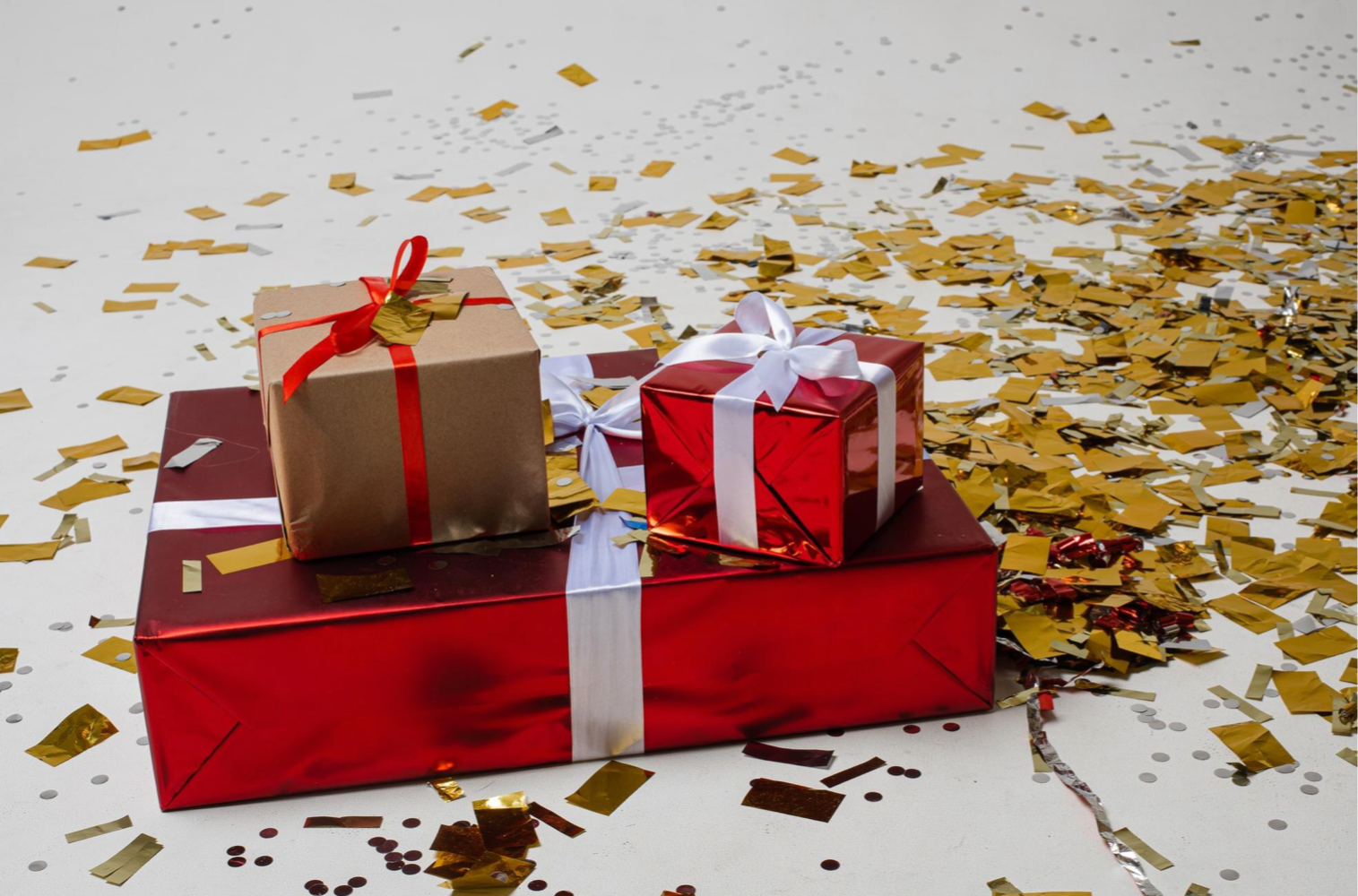
-
- Alternative
- Balloon Dog Sculptures
- Batteries
- Colouring Books
- Decorative Accessories
- Food & Drink
- Fragrance
- Gadgets & Tech
- Gift Sets
- Gifts for the Home
- Homeware
- Jewellery
- Keepsakes
- Knitting Wool
- Life
- Luggage & Suitcases
- Miscellaneous
- Ornaments
- Personalised Gifts
- Puzzle Books
- Puzzles
- Slippers
- Smoking
- Stationery
- Umbrellas
- Vehicle
- Wallets & Purses
- Warmies

From Cork to Glass: How long does red wine last once opened?
by Darren Butler
Last updated: Jul 08, 2024

There's something magical about the ritual of uncorking a bottle of red wine – the anticipation, the aroma, the promise of an exquisite tasting experience. However, once that cork is removed and the wine is exposed to air, its fate is sealed. How long does red wine last once opened? This question is a common concern among wine enthusiasts who want to make the most of their favourite vintages. In this blog post, we'll embark on a journey from cork to glass, exploring the lifespan of opened red wine and uncovering the factors that influence its longevity.
The Science Behind Oxidation:
To understand the lifespan of opened red wine, it's essential to grasp the concept of oxidation. When a bottle of wine is sealed with a cork, it undergoes a slow and controlled aging process. However, once the bottle is opened, oxygen comes into contact with the wine, triggering chemical reactions that can alter its flavour, aroma, and colour.
Oxygen is both a friend and a foe to wine. In small doses, it can enhance the wine's bouquet and soften harsh tannins. However, excessive exposure to oxygen can lead to oxidation, causing the wine to lose its freshness and develop off-flavours.
Factors Influencing Longevity:
Several factors influence how long red wine will last once opened, including:
- Wine Variety: Different grape varieties and winemaking techniques can affect a wine's susceptibility to oxidation. Wines with higher levels of tannin and acidity tend to age more gracefully after opening, while lighter-bodied wines may deteriorate more quickly.
- Storage Conditions: Temperature, humidity, and exposure to light all play a role in the aging process of opened red wine. Storing opened bottles in a cool, dark place can help slow down oxidation and preserve the wine's freshness.
- Oxygen Exposure: The rate of oxidation accelerates once a bottle of wine is opened, especially if it's not resealed properly. Oxygen reacts with various compounds in the wine, altering its flavor profile over time.
- Alcohol Content: Higher alcohol content can act as a preservative, slowing down the oxidation process and extending the wine's lifespan.

Understanding the Timeline:
While there's no one-size-fits-all answer to how long red wine lasts once opened, there are general guidelines to keep in mind:
- Freshness: In the immediate aftermath of opening, red wine is at its freshest. The flavours are vibrant, the aromas are pronounced, and the wine is a pleasure to drink.
- Peak Flavour: Over the course of the first day or two, the wine's flavours may begin to evolve as it comes into contact with oxygen. Some wines may reach their peak flavour during this time, with the fruit becoming more expressive and the tannins softening.
- Decline: After the initial burst of freshness, opened red wine will gradually start to decline. The flavours may become muted, the aromas less vibrant, and the overall drinking experience less enjoyable.
- Spoilage: Eventually, opened red wine will reach a point of spoilage, where it is no longer palatable or enjoyable to drink. Signs of spoilage include a vinegary aroma, a brownish colour, or a flat taste.
Tips for Prolonging Lifespan:
While the inevitability of oxidation may seem daunting, there are steps you can take to prolong the lifespan of opened red wine:
- Re-cork or Seal Properly: After pouring a glass of wine, be sure to re-cork the bottle tightly or use a wine stopper to create a seal. This helps minimise oxygen exposure and slows down the oxidation process.
- Store Correctly: Store opened red wine upright in a cool, dark place, away from direct sunlight and temperature fluctuations. Avoid storing it in the refrigerator for extended periods, as the cold temperature can dull the wine's flavours.
- Consume Promptly: To enjoy opened red wine at its best, it's best to consume it within 3-5 days of opening. While some wines may hold up well for longer periods, most will start to decline in quality after a few days.
- Experiment with Preservation Methods: Explore alternative preservation methods such as vacuum pumps or inert gas systems. These devices help remove oxygen from the bottle, prolonging the lifespan of opened red wine and maintaining its freshness.
Conclusion:
From the moment a bottle of red wine is uncorked to the last drop poured into a glass, its lifespan is a delicate balance between preservation and deterioration. By understanding the science behind oxidation, the factors that influence longevity, and the timeline of flavour evolution, wine enthusiasts can make informed decisions about how to store and enjoy opened red wine. So the next time you find yourself with a half-empty bottle, savour each sip and appreciate the journey from cork to glass. Cheers to the timeless pleasure of enjoying fine wine!
- Menu
- Fancy Dress
- Electronics & Gaming
- Clothing
- Pet Products
- Garden
- Tools & DIY
- Home & Leisure
- Gifting & Parties
- Toys
- Information
- About Us
- Become a seller
- Affiliate Programme
- Frequently Asked Questions
- Returns and Refunds
- Terms And Conditions
- Privacy Policy
- View our blog
- Featured
- View more
- Customer Care
- [email protected]
- +44 (0) 1702 617821
- ILFD Group Ltd T/A Cazaar®
- Company Number: 07034824


